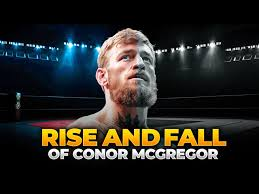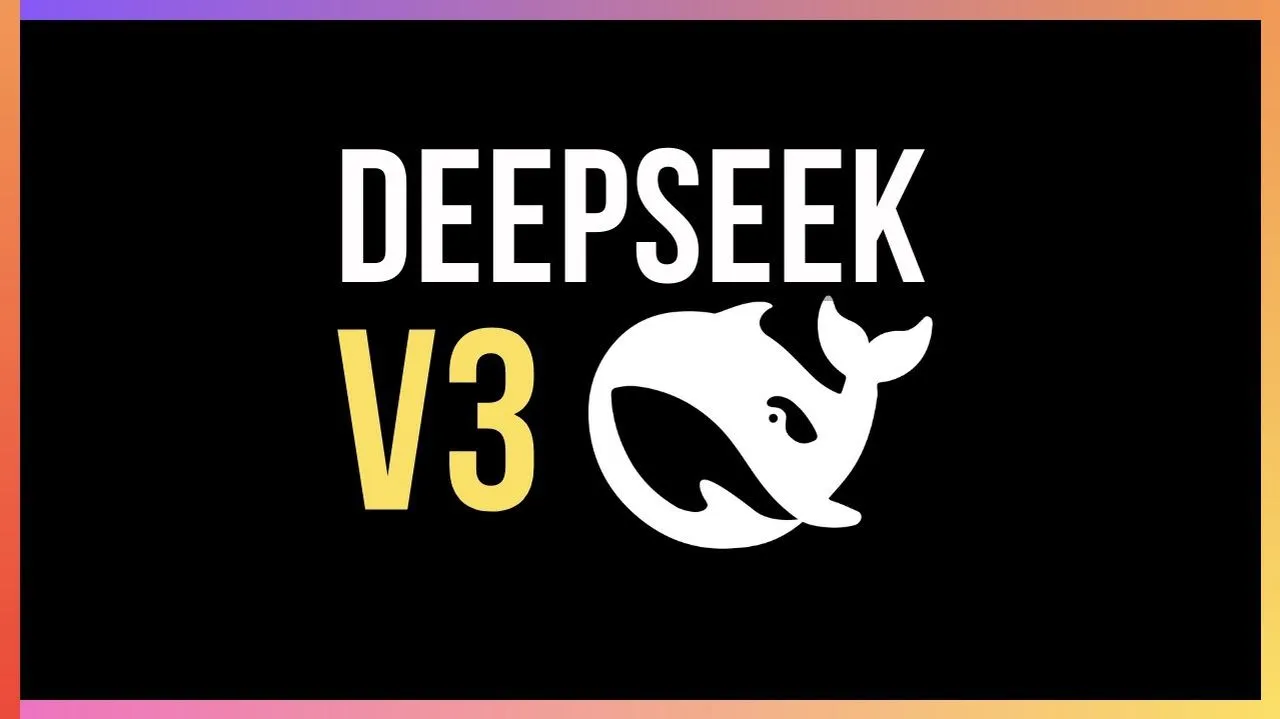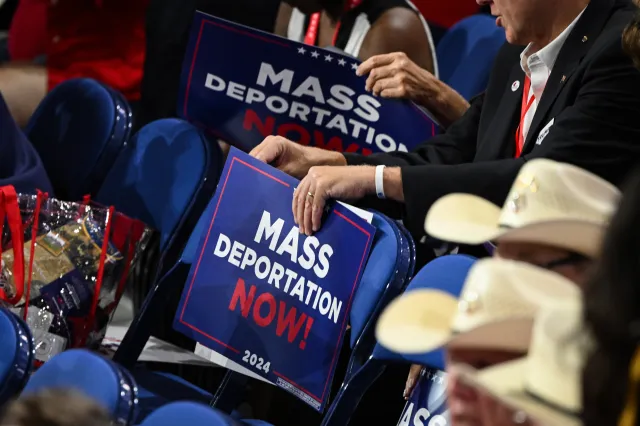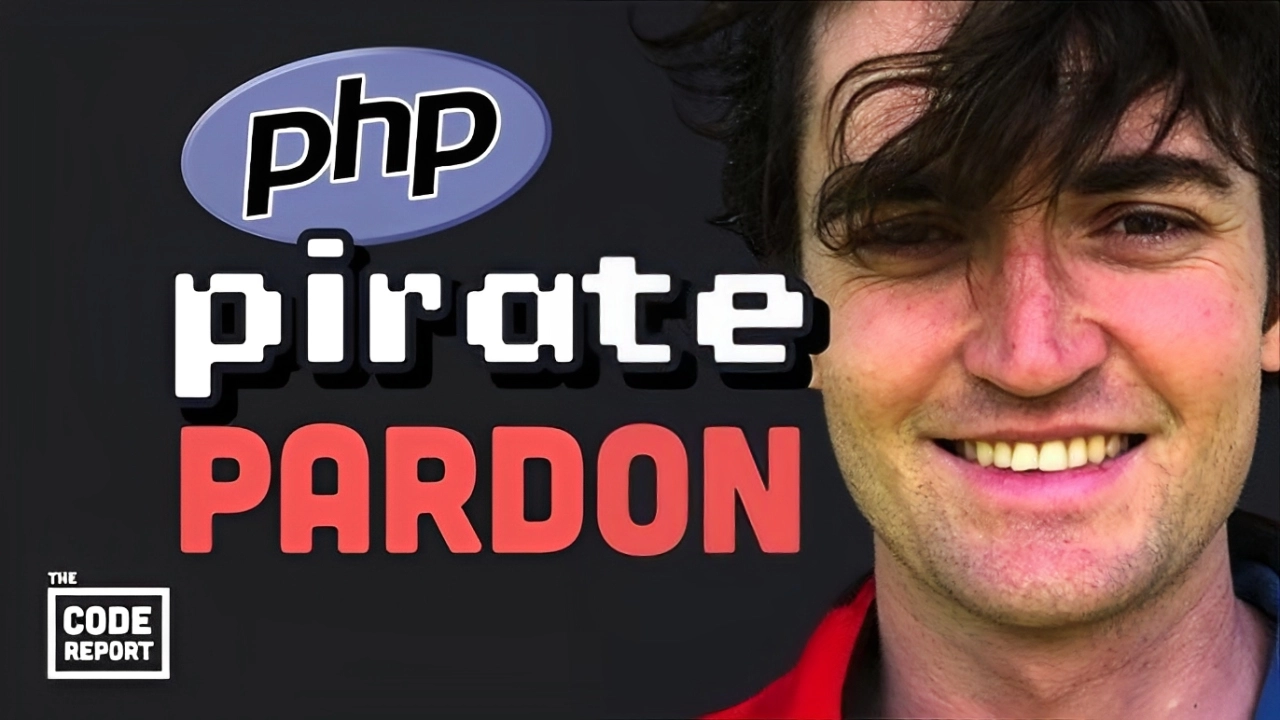
Conor McGregor, the brash Irishman with a razor-sharp tongue and lethal precision in the octagon, has etched his name in the annals of combat sports history. A global superstar, McGregor’s journey from the humble streets of Dublin to the summit of the UFC (Ultimate Fighting Championship) is as much a tale of triumph as it is of tribulation. His meteoric rise and subsequent struggles serve as a modern parable of ambition, excess, and the relentless pursuit of greatness.
Video Credits To: https://www.youtube.com/@jab_mma
The Meteoric Rise
Born in 1988 in Crumlin, Dublin, Conor McGregor grew up in a working-class environment. His early years were marked by a passion for sports, particularly football. However, his life trajectory shifted when he discovered mixed martial arts (MMA) as a teenager. Training in local gyms, McGregor quickly demonstrated a knack for fighting, combining raw talent with an unyielding work ethic.
McGregor’s professional MMA career began in 2008, and it didn’t take long for him to start making waves on the Irish and European circuits. Competing under the Cage Warriors promotion, he claimed both the featherweight and lightweight titles, becoming the first fighter in the organisation’s history to hold championships in two weight classes simultaneously. This remarkable achievement caught the attention of the UFC, the world’s premier MMA organisation.
McGregor made his UFC debut in 2013 against Marcus Brimage, winning by knockout in the first round. From the outset, it was clear he was not just another fighter; he was a showman. His charisma, quick wit, and unparalleled self-belief made him a marketing dream. Backed by a nation hungry for a sporting hero, McGregor’s star began to ascend rapidly.
The Irishman’s breakout moment came in December 2015, when he faced Brazilian legend José Aldo for the UFC Featherweight Championship. Aldo was undefeated for a decade and considered one of the best pound-for-pound fighters in the sport. However, McGregor stunned the world, knocking Aldo out in just 13 seconds – the fastest title fight finish in UFC history. This victory catapulted McGregor into superstardom.
The Pinnacle of Success
In 2016, McGregor cemented his status as one of MMA’s greatest athletes. After losing to Nate Diaz in a thrilling non-title bout earlier in the year, he avenged the defeat in a rematch that became one of the UFC’s highest-grossing events. Later that year, McGregor made history by defeating Eddie Alvarez to claim the UFC Lightweight Championship, becoming the first fighter to simultaneously hold titles in two weight divisions.
By this point, McGregor was more than just a fighter; he was a global icon. His flamboyant suits, bold proclamations, and relentless trash talk made him a cultural phenomenon. Fans and critics alike were drawn to his audacious persona, whether they loved him or loathed him.
However, success brought new challenges. McGregor’s wealth and fame grew exponentially, but so did his distractions. The fighter who once trained obsessively and lived modestly now found himself enjoying the trappings of stardom – luxury cars, private jets, and high-profile parties.
The Floyd Mayweather Fight
In 2017, McGregor stepped away from MMA to take on a new challenge: boxing. He agreed to fight the undefeated Floyd Mayweather Jr. in a match dubbed “The Money Fight.” While many criticised the bout as a circus, it shattered financial records, generating over $600 million in revenue.
Though McGregor lost the fight via a tenth-round TKO, he earned an estimated $100 million – a payday far surpassing anything he had made in MMA. The fight cemented his status as one of the most marketable athletes in the world. However, it also marked a turning point in his career. The financial windfall seemed to dampen his hunger for competition, and the discipline that had defined his rise began to wane.
The Decline Begins
After nearly two years away from the octagon, McGregor returned to the UFC in October 2018 to face Khabib Nurmagomedov, the undefeated lightweight champion. The fight was one of the most anticipated in MMA history, fuelled by a bitter rivalry that included a highly publicised altercation in which McGregor attacked a bus carrying Khabib and other fighters.
Inside the cage, Khabib dominated McGregor, securing a fourth-round submission victory. The aftermath was chaotic, with a post-fight brawl involving both camps. For McGregor, the loss was a humbling experience, signalling that his dominance in the sport was slipping.
Off the back of this defeat, McGregor’s personal life began to spiral. Reports of legal issues, altercations, and allegations of misconduct tarnished his reputation. His behaviour outside the octagon increasingly overshadowed his achievements within it.
Attempted Comebacks
In January 2020, McGregor attempted to revive his career, returning to the UFC with a stunning 40-second knockout victory over Donald “Cowboy” Cerrone. The win seemed to signal a rejuvenated McGregor, but the momentum was short-lived. In 2021, he faced Dustin Poirier in a rematch, losing via TKO. A third fight with Poirier later that year ended disastrously for McGregor, who suffered a gruesome leg break, leaving him sidelined indefinitely.
These losses and injuries highlighted the challenges of maintaining elite performance in a sport as unforgiving as MMA. Critics began to question whether McGregor’s time at the top was over. His fiery persona, once endearing to fans, now seemed increasingly hollow, as his performances no longer matched his bravado.
The Legacy and Lessons
Despite his decline, Conor McGregor’s impact on MMA is undeniable. He brought unprecedented attention to the sport, elevating it to mainstream status. His ability to sell fights through sheer personality made him a pioneer in combat sports marketing, paving the way for future generations of fighters.
Yet, McGregor’s story is also a cautionary tale. His rise underscores the power of hard work, self-belief, and charisma, while his fall highlights the dangers of complacency, excess, and the pressures of fame. The fighter who once declared, “We’re not here to take part; we’re here to take over,” now finds himself struggling to regain relevance.
For many fans, McGregor remains a source of inspiration, proof that dreams can be achieved regardless of humble beginnings. For others, he is a figure of squandered potential, a reminder of how quickly success can be undone.
The Road Ahead
As of now, McGregor’s future in MMA remains uncertain. He has teased comebacks and hinted at a return to the octagon, but whether he can recapture his former glory is doubtful. The landscape of MMA has evolved, with younger, hungrier fighters rising through the ranks.
Regardless of what lies ahead, Conor McGregor’s legacy is secure. He will be remembered as one of the most electrifying and polarising figures in combat sports history. His story – part triumph, part tragedy – serves as a testament to the highs and lows of chasing greatness.
The rise and fall of Conor McGregor is a tale that transcends sport, offering lessons about ambition, discipline, and the fleeting nature of fame. From his humble beginnings in Dublin to his dizzying heights of success and eventual struggles, McGregor’s journey is a narrative as compelling as any fight inside the octagon.






